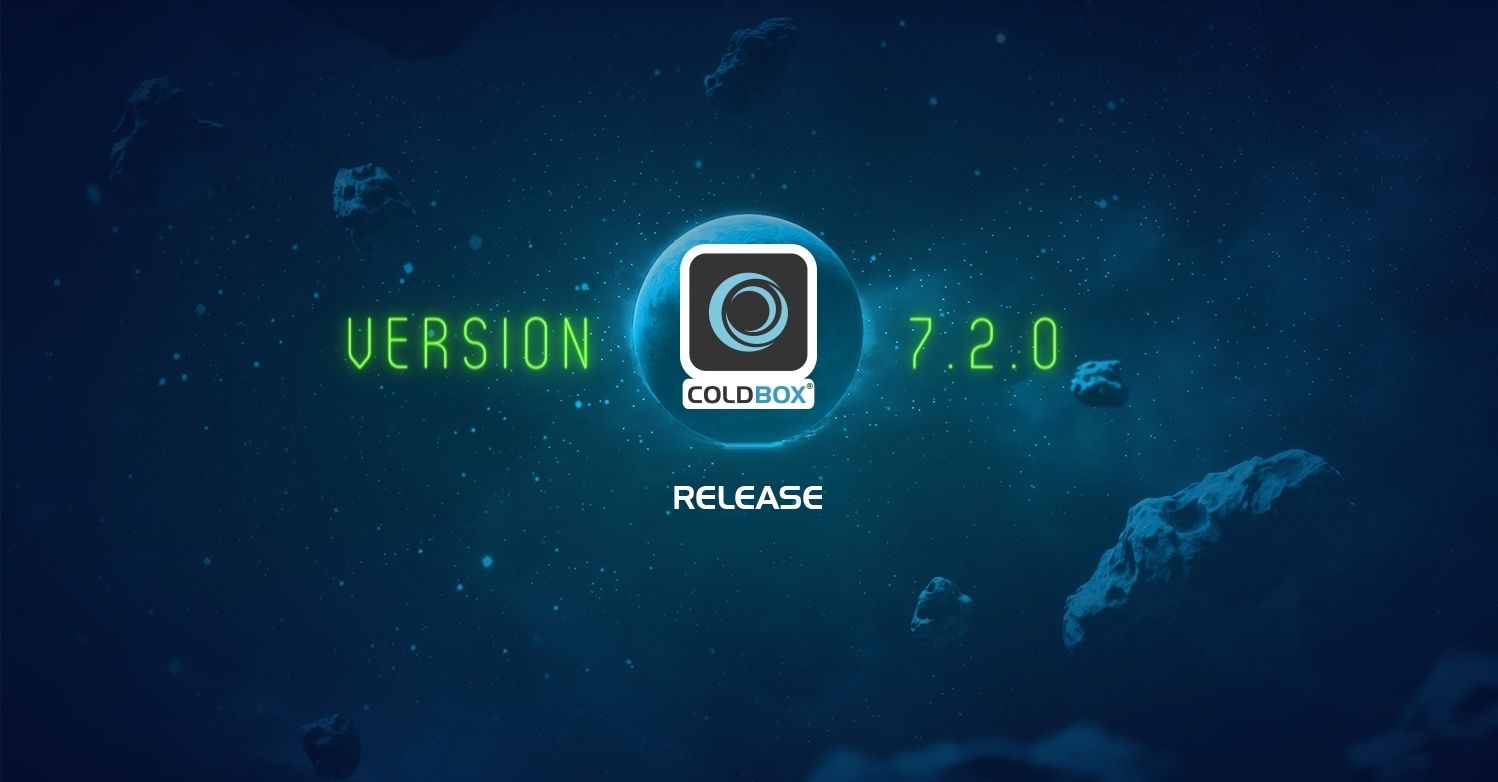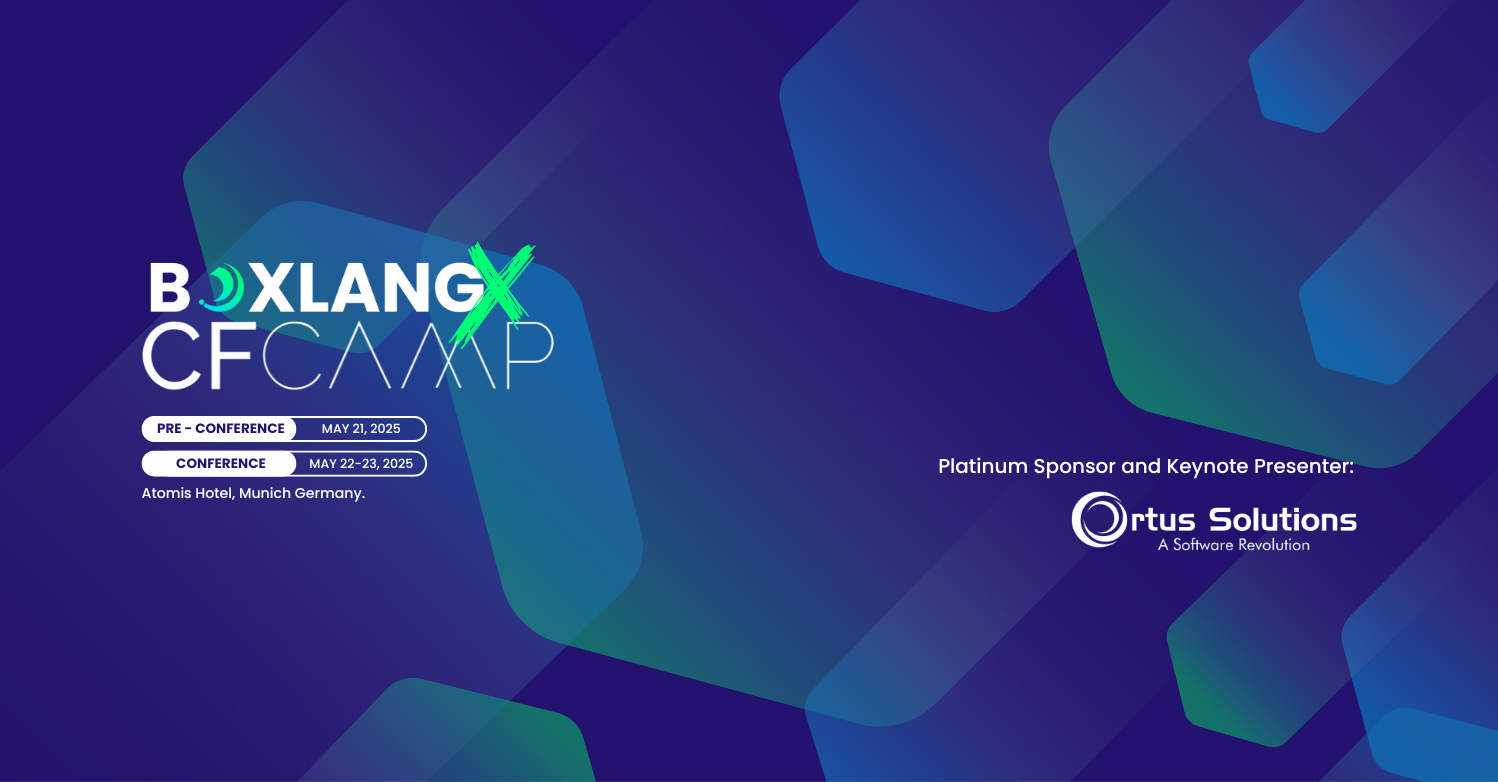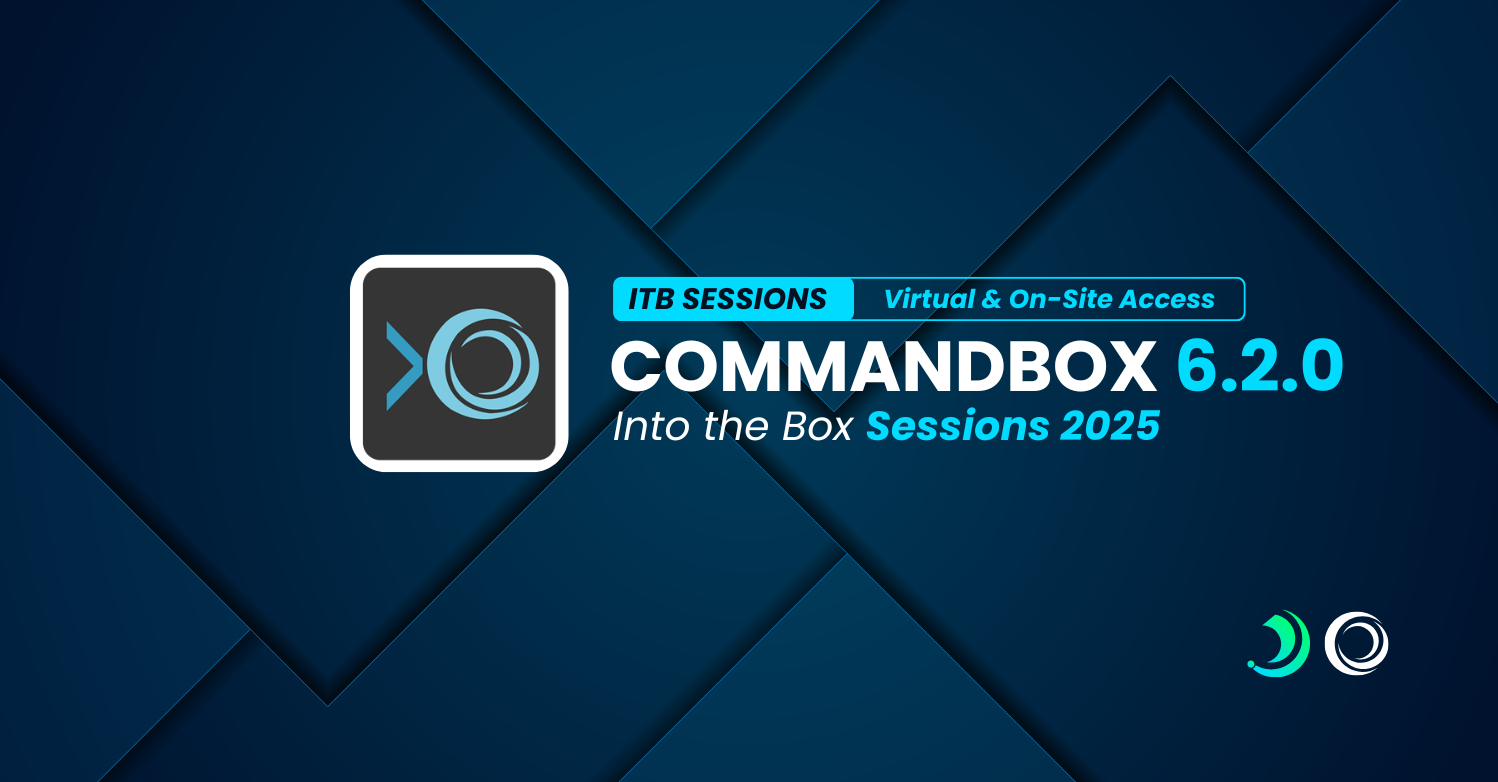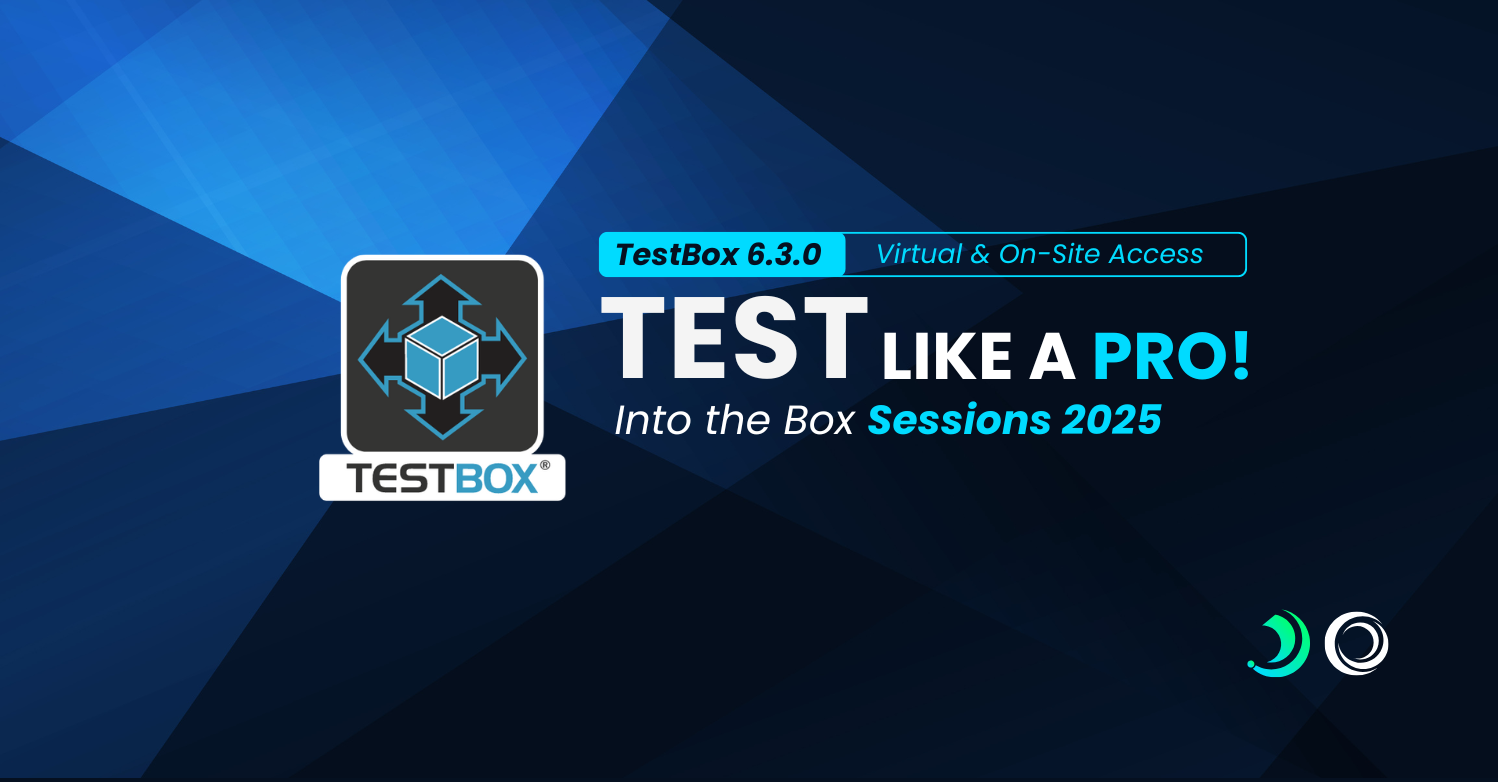The release of ColdBox 7.2 introduces several significant enhancements for CFML developers and the ColdBox EcoSystem. A new SchemaInfo Helper offers convenient methods for handling database schema-related tasks, such as checking table and column existence, retrieving database information, and managing text and date-time column types. The Async allApply() now supports error handling with an optional errorHandler argument, allowing developers to log or react to exceptions during asynchronous operations.
Scheduled Task Groups provide a new way to categorize tasks, aiding in organization and management. Additionally, the release introduces the everySecond() period shortcut for tasks, an optional ColdBox class for handling task results, and updates to the DateTimeHelper with various new methods for improved date and time handling. WireBox now features an AOP Auto Mixer for automatic aspect detection, while CacheBox and LogBox receive Struct Literal Config updates for simplified configuration. These enhancements collectively contribute to a more robust and developer-friendly ColdBox platform.
You can read the in-depth release notes here: https://coldbox.ortusbooks.com/readme/release-history/whats-new-with-7.2.0
Update
The best way to update is using CommandBox:
That's it! You are up to date now!
Major Highlights
ColdBox 7.2 introduces several new features that expand the capabilities of the framework and facilitate better development practices:
SchemaInfo Helper
A new helper has been born that assists you with dealing with Database Schema-related methods that are very common and core to ColdBox and supporting modules. This will grow as needed and be decoupled to its own module later.
hasTable()hasColumn()getDatabaseInfo()getTextColumnType()getDateTimeColumnType()getQueryParamDateTimeType()
Async allApply() error handlers
The allApply() is great when dealing with async operations on arrays or collections of objects. However, if something blows up, it would blow up with no way for you to log in or know what happened. However, now you can pass an errorHandler argument which is a UDF/closure that will be attached to the onException() method of the future object. This way, you can react, log, or recover.
Scheduled Task Groups
All scheduled tasks now have a group property so you can group your tasks. This is now available when creating tasks or setting them manually.
You can then get the group using the getGroup() method or it will be added to all task metadata and stats.
New everySecond() period
A new period method shortcut: everySecond(). Very useful so you can fill up your logs with data.
Task Results Are Optionals
All task results, if any, are now stored in a ColdBox Optional. Which is a class that can deal with nulls gracefully and it's very fluent.
Task Get Last Result
New method to get the last result, if any, from a task via the getLastResult() method.
DateTimeHelper Updates
Lot's of great new methods and goodies so you can deal with date and times and timezones Oh My!
now( [timezone] )getSystemTimezoneAsString()getLastBusinessDayOfTheMonth()getFirstBusinessDayOfTheMonth()dateTimeAdd()timeUnitToSeconds()validateTime()getIsoTime()toInstant()toLocalDateTime()parse()toLocalDate()getTimezone()getSystemTimezone()toJavaDate()duration()period()
WireBox Updates
AOP Auto Mixer
If in your binder you declare aspects or AOP bindings. Then WireBox will automatically detect it and load the AOP Mixer listener for you. You no longer have to declare it manually.
CacheBox Updates
New Struct Literal Config
You can now configure CacheBox by just passing a struct of CacheBox DSL config data.
LogBox Updates
New Struct Literal Config
You can now configure LogBox by just passing a struct of LogBox DSL config data.
Category Appender Excludes
When you declare categories in LogBox you usually choose the appenders to send messages to, but you could never exclude certain ones. Now you can use the exclude property:
New Event Listeners
You now have two new event listeners that all LogBox appenders can listen to:
preProcessQueue( queue, context ): Fires before a log queue is processed element by element.postProcessQueue( queue, context ): After the log queue has been processed and after the listener has slept.
processQueueElement receives the queue
The processQueueElement( data, context, queue ) now receives the entire queue as well as the queue third argument.
New Archive Layouts
If you use the RollingFileAppender the default layout format of the archive package was static and you could not change it. The default is:
Now you have the power. You can set a property for the appender called archiveLayout which maps to a closure/UDF that will build out the layout of the file name.
Release Notes
Here you can find all the release notes: https://coldbox.ortusbooks.com/readme/release-history/whats-new-with-7.2.0
Conclusion
ColdBox 7.2 marks a noteworthy advancement for CFML developers, presenting robust new features, crucial bug fixes, and improvements that simplify development processes and enhance productivity. Whether you're an experienced ColdBox user or a newcomer, version 7.2 delivers a more dependable and efficient foundation for constructing web applications.
Don't forget to fork and start: https://github.com/coldbox/coldbox-platform
To explore the latest ColdBox release, visit their official website and peruse the updated documentation. Happy coding!




Add Your Comment